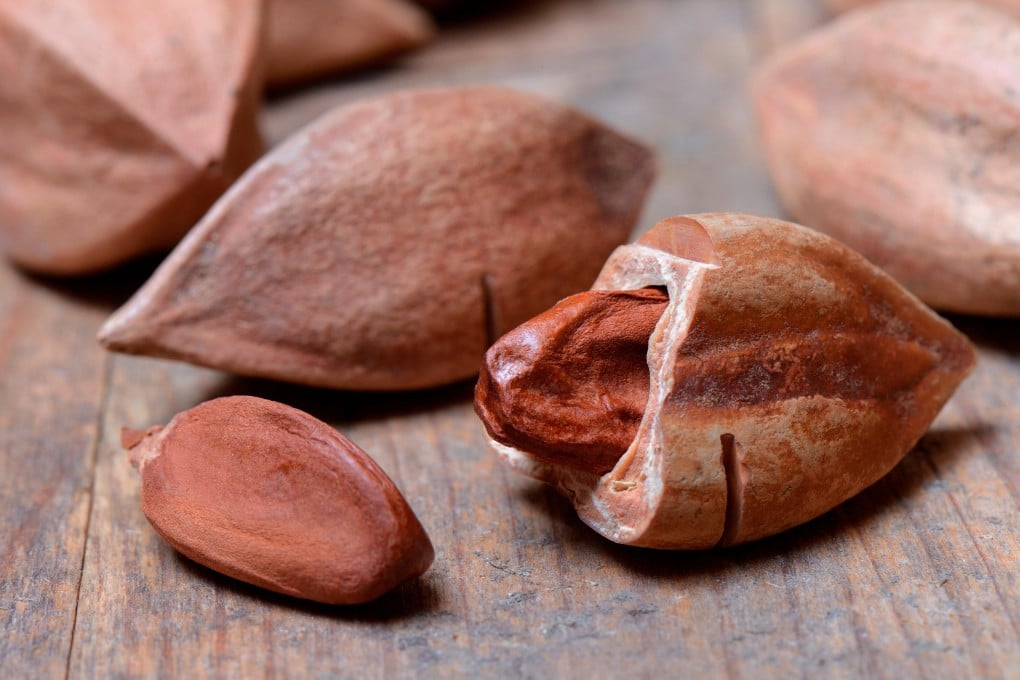Health benefits of pili nuts: keto diet favourite is a superfood high in vitamins, minerals and antioxidants
- As tasty as pumpkin or sunflower seeds, they are popular with people who follow the ketogenic diet, and can help lower cholesterol
- The Philippines is the only country in Asia that grows the nuts to sell commercially

After his father died of cancer in 2009, Gary Chin Teck Chiang felt motivated to help people live healthier lives. Nutrition seemed a promising starting point, though at the time “health food” did not have a reputation for tasting good.
Chin and his friend Terry Tong Chieh Hsien went on a search for a natural product that was both nutritious and delicious. While travelling in the Philippines, the pair discovered pili nuts. They sampled them raw and loved how they tasted – creamy, with a light flavour not unlike that of pumpkin or sunflower seeds.
In 2013, Chin and Tong, who live in Singapore, established Pili Pushers, which sells packaged pili nuts, some of which come in unique flavour combinations such as cinnamon and raw honey, and ginger and turmeric. Their pili nuts are wild-harvested and free from pesticides and fertilisers. Instead of roasting the nuts before packaging them – a process that Tong says compromises the nut’s nutritional properties – they “activate” them.
“This involves pre-sprouting the nuts to kick-start the germination process and increase the pili nuts’ bioavailability,” Tong says. “After this, we dehydrate the nuts for a few days to lock in all their goodness.”

Most people have never even heard of pili nuts, let alone tasted them. Pili trees take a while to grow and the nuts are difficult to harvest, making them less commercially available than other nuts. The fruit, which contains the nut, also spoils easily due to its high fat content.